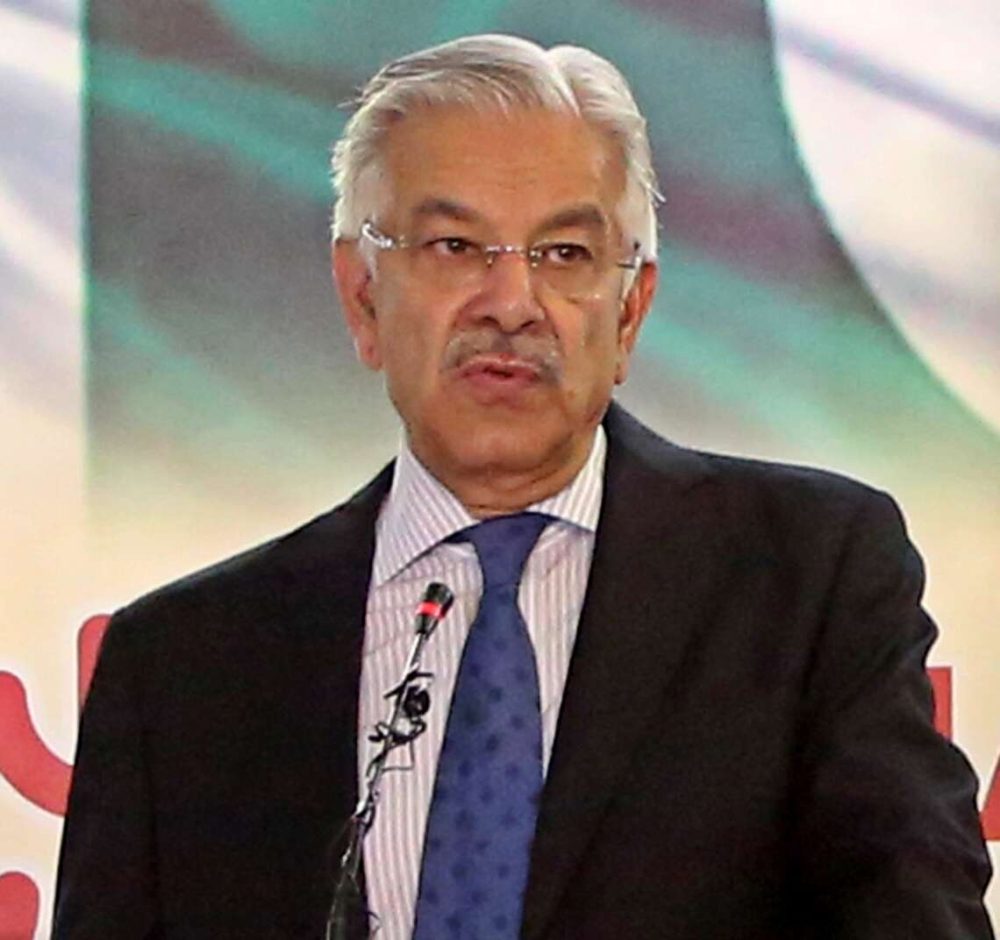Almost two years ago, transportation costs were a significant driver of inflation, but their contribution to the cost of living has since declined…reports Asian Lite News
Suth Africa’s Consumer Price Index (CPI) declined for the third consecutive month, easing to 4.4 per cent in August from 4.6 per cent in July, according to data released by Statistics South Africa (Stats SA).
This downward trend brought much-needed relief, especially as the country’s inflation rate has remained high in recent years, largely driven by increasing gas, food and electricity costs.
Stats SA’s Chief Director Patrick Kelly said that the latest CPI is the lowest since April 2021, with low inflation observed across various sectors. He attributed the decline to factors such as decreasing fuel prices and food inflation.
“Lower annual rates were recorded for several product groups, most notably transport, housing and restaurants and hotels. In contrast, inflation for food and non-alcoholic beverages (NAB) and alcoholic beverages and tobacco edged higher in August,” said Kelly.
The South African Reserve Bank had previously raised the repurchase rate nine times in a row to combat high inflation. However, with inflation slowing and now within the Reserve Bank’s target range of 3 to 6 percent, speculation has arisen that the bank may cut the repo rate for the first time in over two years.
According to Professor Jannie Rossouw of the Economics and Business Department at the University of Witwatersrand, the downward inflation trajectory opens the possibility of a repo rate reduction. Market consensus, based on economist surveys, projects a 25-basis-point rate cut at the Reserve Bank’s meeting on Thursday.
Almost two years ago, transportation costs were a significant driver of inflation, but their contribution to the cost of living has since declined, according to the latest consumer price index.
This trend is largely due to the continued drop in petrol prices, which have fallen for the third straight month. “Transport’s influence on overall inflation has waned since mid-2022 when it was the biggest factor behind the rise in the cost of living, accounting for 44 percent of overall inflation in July that year. By August 2024, transport accounted for just 9 per cent, behind other major contributors such as housing, utilities, and food and NAB,” Kelly said.
ALSO READ: IMF urges Kenya to intensify reforms














